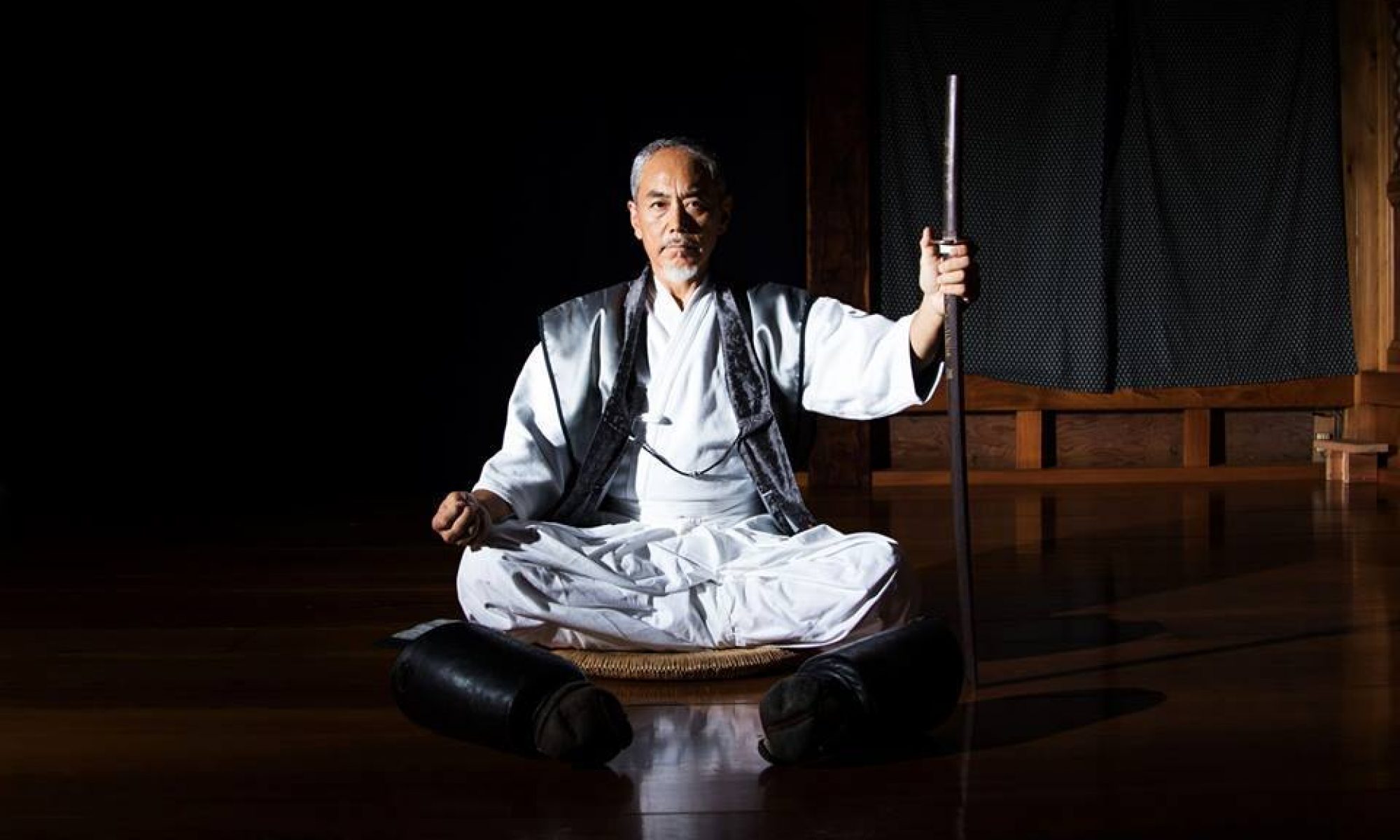A true purpose and quality of martial art discipline – Budo
A purpose to train in a martial art discipline… is to strengthen oneself. But what does that really mean? We should not draw a quick conclusion on the meaning of strength. True strength is not a physical attribute to defeat opponents in combat, but rather a quality to overcome difficulties in our life itself.
The strength sought by the past Samurai warriors, was the strength to overcome fear of death.
This typically appears in “Hagakure” as the concept of Bushido
- A practical and spiritual guide for a warrior, drawn from a collection of commentaries by the clerk Yamamoto
Tsunetomo from the Kyushu Saga (Nabeshima) clan during the latter 17 th century “Bushido, The Way of the Samurai is found in death.
In another words, if you are afraid of death, you cannot claim to be a samurai warrior.
Death should not be a result from an act of desperation. Rather it should be met with honor by understanding ones true thoughts and value in life.
However, even so “Death” stays the most ominous fear for any individual(s).
Thus during the old days in Japan, such strength to overcome that fear was achieved thru the intense practice of fencing (Kenjutsu) disciplines.
Because “true” strength was achieved by practicing the way of the sword (Katana), the sword also became considered as the “the spirit of a samurai”.
Unfortunately, few people remain today who understand such wonderful value inherent in the training of martial arts – Budo.
The quality of true swordsmanship
Then, how can one achieve a spirit fearless of death by practicing the art of
swordsmanship?
Differing sword schools had various training methods such as Jikishin Kageryu’s Hojo kata (breathing methods), Nenryu – practitioner donning head protection charging into an opponent while being hit on the back by a shinai, Shinkageryu – gasshi (synchronous hits), and Itto-ryu – kiriotoshi (counter-cut down). All of these aimed for a simultaneous sword strike with the opponent.
A simultaneous sword strike meant cutting the opponent down while facing your own death.
Hence these training methods were meant to overcome such fear. .
To achieve such state of mind was a prerequisite to master the art, and to become skilled in swordsmanship also meant that one had to accept such fate.
Death is the biggest fear one can have. But by being released from such emotion, it enables us to act strong and dignified at all times.
When Master Yamaoka Tesshu* was questioned about the essence of swordsmanship he replied, “It is been bestowed from the Kwannon** of Asakusa.
When the questioner searched for the actual answer by visiting Sensoji*** temple (in Asakusa), he found a writing on the ceiling of the main hall which read
“SEMUI – Do Not Be Afraid”
Tesshu has thus stated that achieving a fearless heart was the essence of mastering the swordsmanship.
* Yamaoka Tesshū (山岡 鉄舟, June 10, 1836 – July 19, 1888), also known as Ono Tetsutarō or Yamaoka Tetsutarō,
was a famous samurai of the Bakumatsu period, who played an important role in the Meiji Restoration. He is also noted as the founder of the Itto Shoden Muto-ryu school of swordsmanship and a master calligrapher.
**Kwannon : "Goddess of Mercy and Compassion” from the Mahayana Buddist Tradition, – also known as Guan Yin
in Chinese.
*** Sensō-ji (金龍山浅草寺 Kinryū-zan Sensō-ji) is an ancient Buddhist temple located in Asakusa, Tokyo, Japan. It is Tokyo’s oldest temple, and dedicated to the worship of Kwannon.
Do not become a “Loser”
Even if you are highly skilled, you will not be able to win, whenever you confront somebody who is better and stronger than you. You might be able to win but you might also lose against any such opponents.
For instance a Boxing World Champion, can only reign as No. 1 at the most for a few years. This individual might also pretend to forget the various misfortunes that comes with life by wearing a champion belt for the moment, but anxiety of losing and other mishaps from happening will not go away. From that perspective it is rather futile to just seek victory in life.
Thus a true swordsmanship does not train to seek strength for victory but merely spontaneity to be struck and strike simultaneously.
It is a simple matter – when the opponent strikes, you strike back at the same time.
Anybody can actually do so once they accept death and there needs to be no winner(s).
In essence a swordsmanship is to train not to become a Loser. This principle can be applied in everyday life.
- Do not “lose” yourself when facing hardships.
- Do not “lose” your self-esteem and values.
- Do not “lose” yourself in anxiety.
- Do not “lose” your hope to failure and poverty.
An individual who does not become overwhelmed in such circumstances – is truly a “strong” individual and our training is meant to achieve such spirit and character.
You can live thru every day with joy and enthusiasm if you do not feel you have become a Loser.
Many people today do not understand such things since they are only concerned about winning or losing. It can be said that those who truly understand the inherent value of martial arts are now extremely rare.
